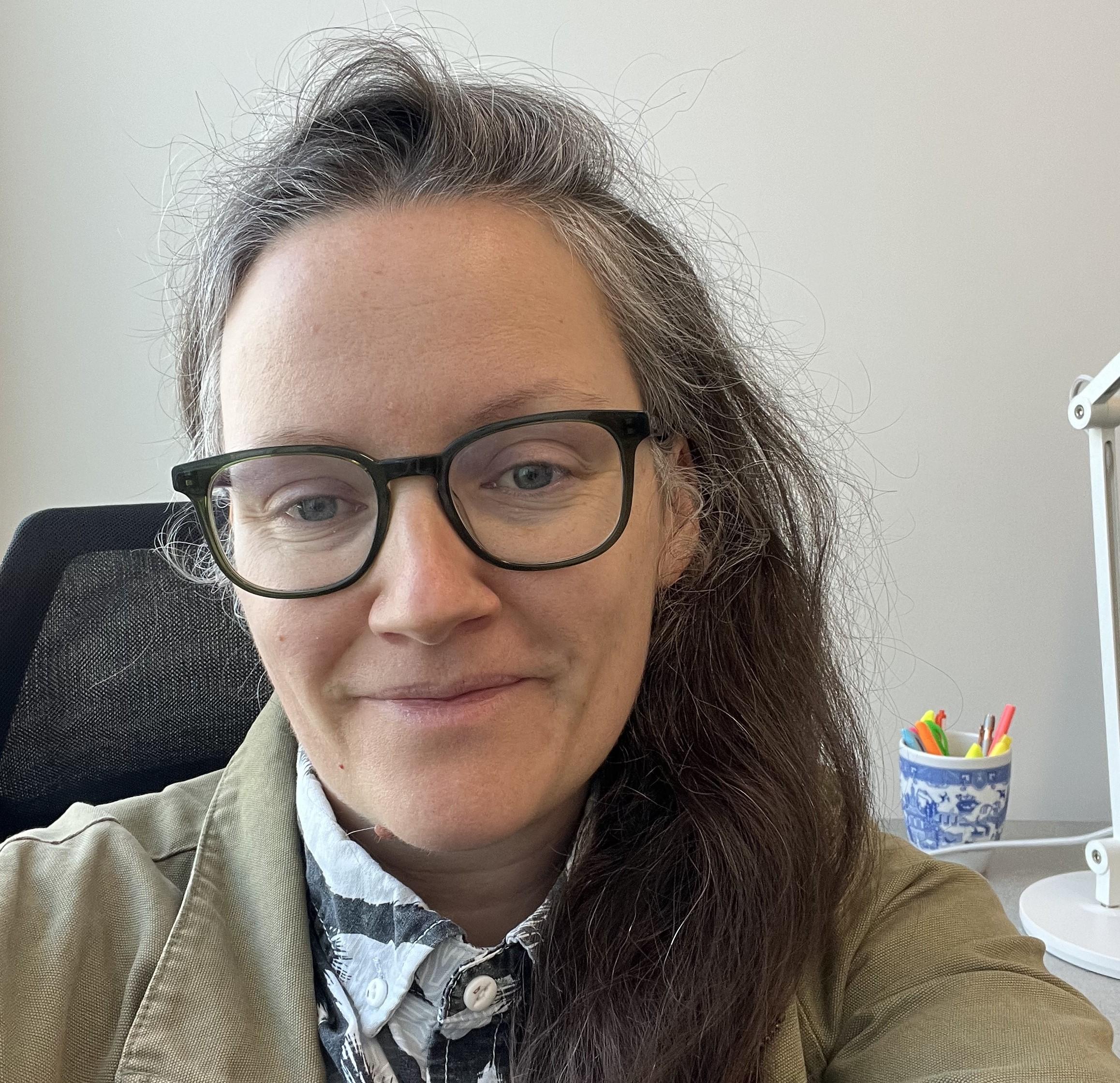MSW/MS-DRL grad trains New York's disaster response mental health team
Caroline Contillo had considered social work, but she had never found a program that fit her needs. That is to say, until she discovered Tulane School of Social Work’s dual online Master of Social Work and Master of Science in Disaster Resilience Leadership (MSW/MS-DRL).
“I have a very vivid memory of it being the first summer of the pandemic. I was really looking for a way to understand the disaster of the pandemic and help people,” said Contillo. “Prior to starting the program, I had done climate organization for years, but I really had never seen a curriculum that combined so many of my interests in one place.”
Disaster Relief & Mental Health
Contillo graduated with her MSW/MS-DRL in 2022. Since then, she has conducted research for the Consortium for Emergent Disaster Resilience (CEDR) and designed a workshop curriculum to train New York’s disaster response mental health team for the State University of New York’s Institute for Disaster Mental Health.
Through DRLA, I learned how best to listen to the communities themselves – what do people actually need, what are the unique hazards and protective features of a certain place?
Caroline Contillo, MSW/MS-DRL '22
“Everybody should know psychological first aid and have some fluency in disaster mental health skills,” said Contillo. “What I’ve learned navigating the emergency management field is that a lot of times the mental health piece is not front and center. But as time goes on, people are really starting to realize how leaving mental health out when doing disaster response and recovery work can hurt the people doing the work and receiving the help,” said Contillo.
Contillo believes that the MS-DRL’s mental health-centered approach to disaster makes the degree unique on the job market. As disasters increase in frequency and severity, more mental health practitioners will need a strong foundation in disaster and collective trauma.
“Not a lot of people have that combination of skills in the field,” Contillo said. “Everywhere I went with the Institute of Disaster Mental Health, people were telling me there was such a need for this. The MS-DRL program equipped me with a really unique combination of skills which is only becoming more important.”
Emergency Management & Social Work
Tulane School of Social Work’s Field Education Department keeps MSW students in the same site for the full duration of their degree program, allowing them to experience the full spectrum of an organization’s work. For Contillo, an extended internship position at a crisis hotline provided the opportunity to understand her career goals.
“When I started the program, I wasn’t sure what type of work I wanted to do. I was open to doing one-on-one clinical work, but I came from a background of community organizing. The crisis hotline is what taught me that I really like leading trainings and workshops. That was a surprise for me,” she said.
Although New York state isn’t known for its emergencies, the COVID-19 pandemic proved disastrous in many ways. Calls to the hotline skyrocketed.
“The rate of calls was intense,” Contillo said. “I ended up designing a self- and community-care workshop for staff and volunteers at the organization that I still teach. Understanding the emergency management cycle and the ecosystem of aid was really helpful.”
This preparation proved invaluable when, during a severe ice storm that knocked out electricity across half the county, Contillo found herself relying heavily on the emergency management strategies she had developed, using them to single-handedly operate the crisis hotline amidst the chaos.
“It was a different type of disaster than you experience in the Gulf, but I used so many of the lessons I had learned from my emergency management classes,” Contillo said.
Resilience & New Orleans
As the climate crisis starts to impact new regions, understanding the strategies employed by populations already grappling with these challenges is crucial. By learning from the resilience efforts of communities in New Orleans, the Disaster Resilience Leadership Academy (DRLA) supports communities in the Gulf South and beyond.
“The people of the Gulf South lived with natural disasters before man-made climate change started. Those lessons of resilience and adaptation are unique to the culture and the people there, but I’ve found that there’s also an openness, a willingness to share, and a hope that other people can draw on their experiences,” Contillo said. “Through DRLA, I learned how best to listen to the communities themselves – what do people actually need, what are the unique hazards and protective features of a certain place?”
Developed in the wake of Hurricane Katrina, DRLA was designed to generate scholarship in collaboration with our communities and their hard-earned knowledge. Contillo hopes to use the lessons learned in New Orleans in resilience efforts in her home state of New York.
“I’m interested in the ways that we can support people who have to move from coastal regions because of climate effects. New York will likely be a receiving area for these communities, so it was incredible to learn about resilience efforts in the Gulf South from people who had direct experience,” Contillo said.

